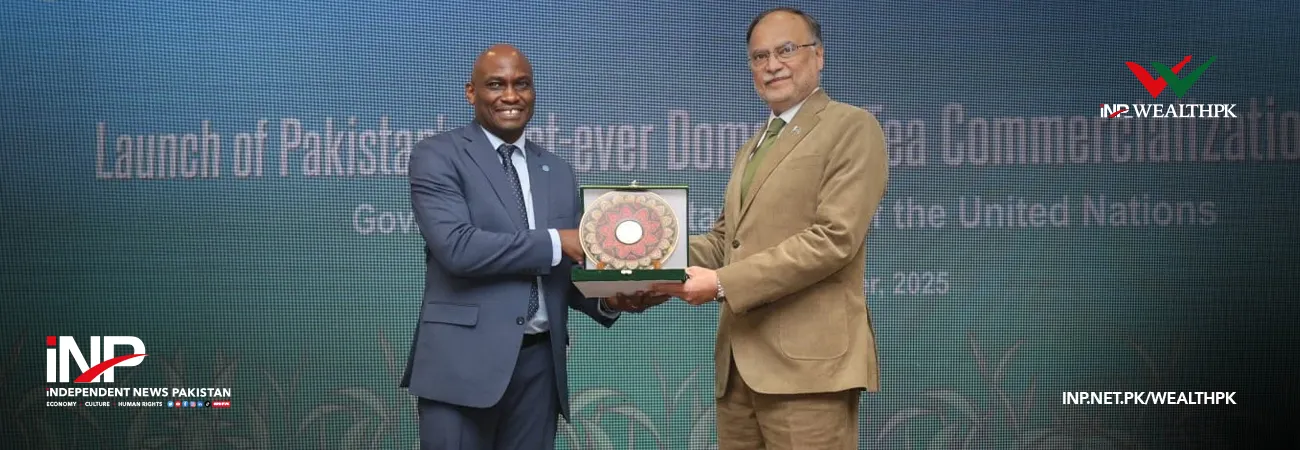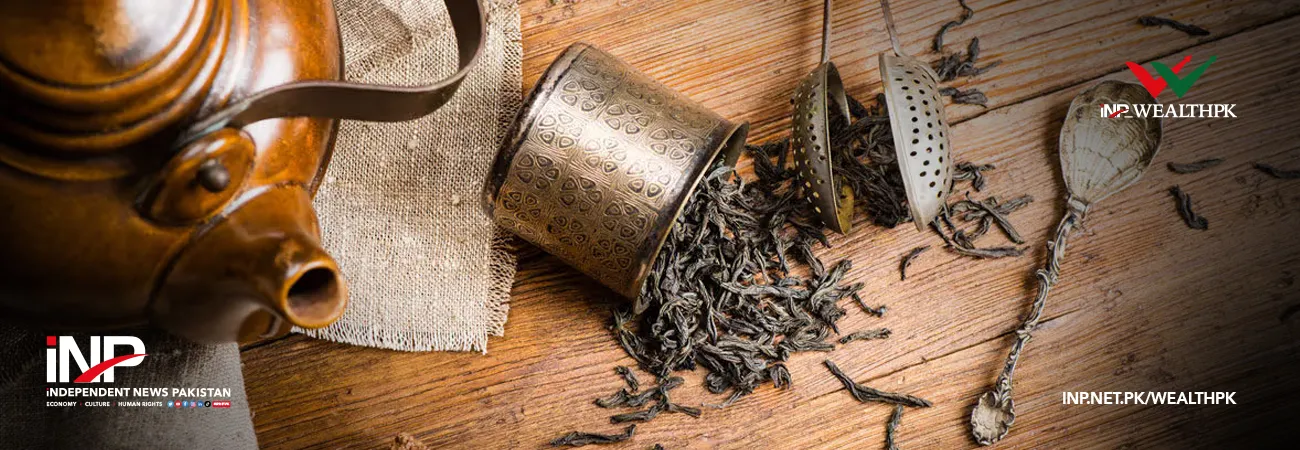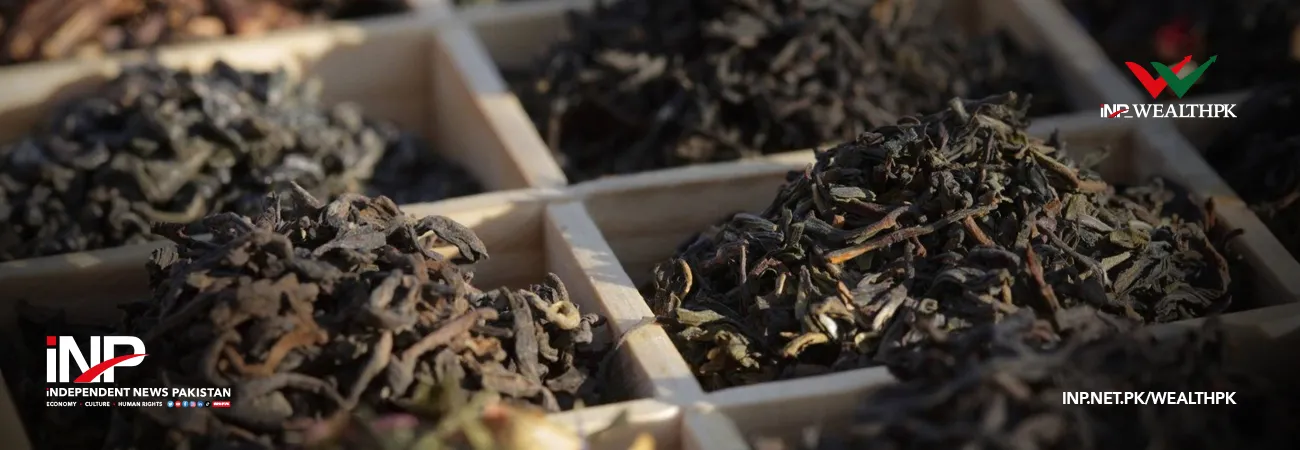INP-WealthPk
ISLAMABAD, May 6 (INP): China-Pakistan Economic Corridor (CPEC) showed maturity and stability in the two countries’ already deep-rooted high-level friendship, said Haroon Sharif, former Minister of State and Chairman of the Board of Investment in Pakistan.
Since its launch, the CPEC has significantly improved Pakistan's infrastructure and power sector, he said in an interview with China Economic Net (CEN). Referring to the CPEC, he said it strengthened the friendship to a great extent, he said, “The roots of the friendship are very deep and caring. It has multiple facets. We have had a rather romantic relationship that we have seen the role of China for Pakistan at the global level and vice versa.
“On thinking of China in my student years, the first thought was the China-Pakistan friendship,” recalled Haroon Sharif. "Along with the socio-economic developments under the CPEC, human interaction between Pakistanis and Chinese has also increased, which is proving to be very helpful for people to understand each other from many angles beyond traditional ways, Sharif said.
According to the CEN, Sharif added, “The real people’s partnership will take place when they understand each other's language and culture.” As Chinese universities are already attracting Pakistani students, two- or four-years’ studying made them have much deeper understanding of Chinese culture and people.
Sharif advised to scale up knowledge corridor by opening joint universities. Chinese faculty should come to Pakistan. By this way, the interaction of people will increase.
“In order to convert this interaction into knowledge, we have to make some investments in media, education and culture, like television stations and joint collaboration in films,” said Sharif.
He noted that the CPEC welcomed investment in agriculture and logistics. It is a game changer as it has brought employment, prosperity and socio-economic development to the country, even to the region.
CPEC is also appealing to foreign investors as the government of Prime Minister Imran Khan has been briefing what is happening at Gwadar port, the progress of various projects. Foreign investors from Saudi Arabia and Qatar are watching CPEC closely, he added.
Agriculture will be a priority for their investment, according to Sharif, as Pakistan is an agricultural country with big potential and these countries have to import all the foodstuffs from abroad.
If Pakistan gets their investment and increase agriculture sector productivity to grow enough food stuff (with China’s technologies), and then these countries can meet their needs by importing food from Pakistan.
Following agriculture, comes the logistics sector. As CPEC is such a big corridor that all kind of services will be needed. When the ports are built, storage is needed. When trades are done, transport is needed. The investors have a special interest in the trade logistics.
Sharif pointed out that Pakistan will have an advantage as a connecting hub. When this connectivity is completed, foreigner investors will get access to the Pakistani market with more than 200 million people. In the future, Pakistan’s connectivity toward West Asia and Central Asia will also be increased.
For better facilitating investors, Sharif pointed out that these Special Economic Zones (SEZs) under CPEC should look like a ship or a vessel in which an investor could get all the things needed. These include electricity, water, gas, regulation and banking. If clear customs can also be done there, the cost of business will be reduced, he added. “We should insure the availability of services,” Sharif said.
Sharif suggested that “Pakistan and China should set up a fund for the small and medium enterprises that will make equity investments and provide technical assistance to them, not lend loans. It must do partnerships, teach them how to do business and make it part of a value chain of China and Pakistan,” Sharif told CEN.
According to Sharif, there are so many small and medium enterprises in Sialkot, Gujranwala and Gujarat. If they could get help, they can double their production capacities. Covid-19 pandemic caused great impact on SMEs. These enterprises couldn’t depend on banking. Thus, in the informal sector, there is a dire need of an SME fund to help them.
He contended that China's model of development is fascinating. “China’s infrastructure, consistently high GDP growth and poverty alleviation have greatly influenced my thinking,” said Sharif.
“China's model of development is very fascinating,” Sharif said. He thought that the reason why China has developed so fast lies in its reform and opening-up policy.
With its opening-up to the world, China has brought in technologies to the industrial bases in its eastern coastal areas from the West, he said.China also made the best use of its abundant labor force, developed and disciplined them. “As a result, China has become the largest production house of the world,” Sharif said.
Besides the opening-up, China made many reforms which Pakistan also needs to learn from. The major facets of the reforms are that China has transformed many of its ministries into performance-oriented companies. In railway, these companies now regularly take contracts all over the world.
INP/JAVED













